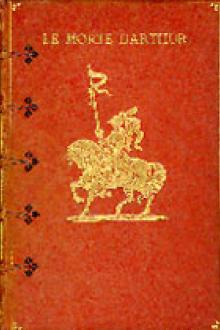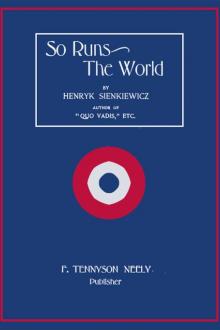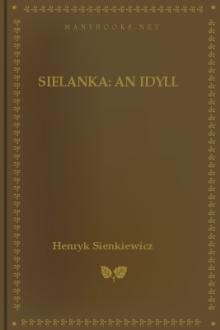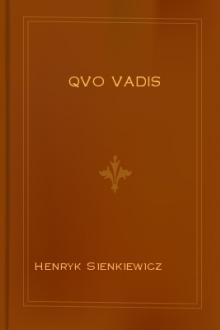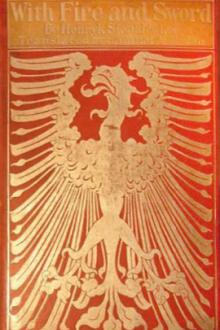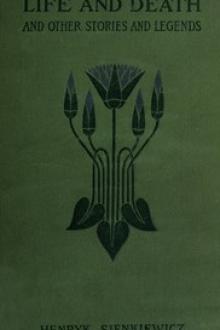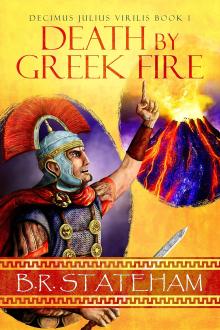Quo Vadis
Quo Vadis
A Narrative of the Time of Nero
A love story set in first-century Rome, in which the early Christians struggle against the might of the pagan Roman Empire. Translated from the Polish by Jeremiah Curtin.
Book Excerpt
was turned to other objects; namely, to wonderful slave women who were waiting for the bathers. Two of them, Africans, resembling noble statues of ebony, began to anoint their bodies with delicate perfumes from Arabia; others, Phrygians, skilled in hairdressing, held in their hands, which were bending and flexible as serpents, combs and mirrors of polished steel; two Grecian maidens from Kos, who were simply like deities, waited as vestiplicæ, till the moment should come to put statuesque folds in the togas of the lords.
"By the cloud-scattering Zeus!" said Marcus Vinicius, "what a choice thou hast!"
"I prefer choice to numbers," answered Petronius. "My whole 'familia' [household servants] in Rome does not exceed four hundred, and I judge that for personal attendance only upstarts need a greater number of people."
"More beautiful bodies even Bronzebeard does not possess," said Vinicius, distending his nostrils.
"Thou art my relative," answered Petronius, with a certain friend
FREE EBOOKS AND DEALS
(view all)Popular books in Fiction and Literature, Romance
Readers reviews
5.0
LoginSign up
Though the first one hundred or so pages are a bit difficult to muddle through, the authors character development is such that the balance of the book is a delight. Historical figure Nero's mad egocentrism and Petronius' satiric manipulation of him were my favorites. The love interest couple can be tedious but even there, Vinicius' conversion to Christianity from a haughty and cruel aristocrat is well done.
The descriptions of the myriad tortures of the early Christians are surprisingly realistic for such an old book. Even though it may seem to some dated, this book well deserves the Nobel Prize for Literature it won in the early 1900s. I was very pleasantly surprised.
The descriptions of the myriad tortures of the early Christians are surprisingly realistic for such an old book. Even though it may seem to some dated, this book well deserves the Nobel Prize for Literature it won in the early 1900s. I was very pleasantly surprised.
- Upvote (0)
- Downvote (0)
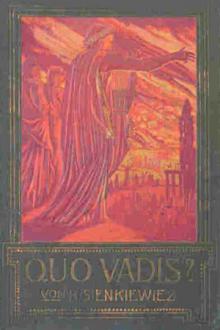
 Free Download
Free Download

















